Are you Drinking Too Much ?
 Everyone seems to drink alcohol in our culture. Many seem to drink too much on occasion. But how much drinking is too much?
Everyone seems to drink alcohol in our culture. Many seem to drink too much on occasion. But how much drinking is too much?
Many of our clients say - “Why can’t I be like other people? They seem to be able to drink without getting drunk all the time.”
Regular drinking is not necessarily a problem - in Mediterranean cultures families will usually have wine with dinner on most days. But they just have a glass or two. Few people in those countries see any problem with drinking like that.
The truth is, it varies from person to person - there’s no absolute level of alcohol consumption at which you have a problem.
Most people know if they’re drinking too much
… even before other people tell them. Basically if the negative consequences are more than the positive ones. But there are many signs to look out for -
- if you’re looking forward to a drink more than the other things in your life,
- if you’re often feeling depressed or guilty - like you need to hide how much you’re drinking from others, or even having a ‘secret’ drink when you can get away with it,
- if you’ve ever noticed a pile of your empties and thought ‘wow, that’s getting big’,
- if the following day, you can’t concentrate on what you need to, because you ‘just can’t face it today’ - (you’re too hungover),
- if you’re finding it difficult to look people in the eye, because you think they might be judging you,
- if you’re buying a bottle during the day, do you buy lots of groceries with it to hide the fact that you’re buying alcohol before lunchtime?
- but one of the surest signs is this - if you’re hungover, and you start thinking ‘just one drink will take this hangover away’, then you’ve definitely got a problem.


 Some unfortunate research has just been published that alcoholic women suffer more brain damage as a result of their drinking than men do.
Some unfortunate research has just been published that alcoholic women suffer more brain damage as a result of their drinking than men do.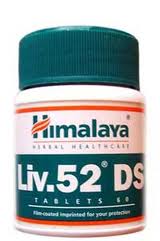 Liv.52 is a herbal medicine specifically formulated to help strengthen the liver. It assists in the elimination of acetaldehyde (the toxic by-product of alcohol) - which means you don’t get so much of a hangover. It encourages regrowth of new liver cells and protects against alcohol induced liver damage.
Liv.52 is a herbal medicine specifically formulated to help strengthen the liver. It assists in the elimination of acetaldehyde (the toxic by-product of alcohol) - which means you don’t get so much of a hangover. It encourages regrowth of new liver cells and protects against alcohol induced liver damage.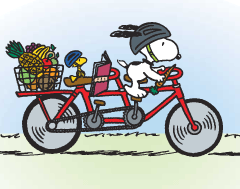 Quite often, people trying to beat alcoholism will need to make some changes to their lifestyle as well as their drinking habits.
Quite often, people trying to beat alcoholism will need to make some changes to their lifestyle as well as their drinking habits. Unfortunately, one of the biggest causes of people
Unfortunately, one of the biggest causes of people  Struggling with
Struggling with  One of the things that can easily induce a craving for alcohol is
One of the things that can easily induce a craving for alcohol is  Many people looking for help on this site do not consider themselves to be alcoholics. They are not drinking all day, every day. But they are regularly binge drinking alcohol to excess, such that they are damaging their health, their
Many people looking for help on this site do not consider themselves to be alcoholics. They are not drinking all day, every day. But they are regularly binge drinking alcohol to excess, such that they are damaging their health, their  Many people with an
Many people with an 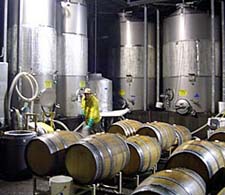 The alcoholic head taster for a brewery in Brazil has been awarded financial damages by his employer after the courts agreed he had not been
The alcoholic head taster for a brewery in Brazil has been awarded financial damages by his employer after the courts agreed he had not been  The UK National Health Service has officially recognised the
The UK National Health Service has officially recognised the  Alcohol is a common feature in abusive relationships, so if your partner is an
Alcohol is a common feature in abusive relationships, so if your partner is an 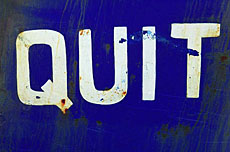 There are many ways to
There are many ways to 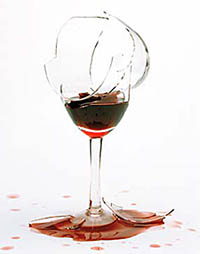 You are probably well aware of the effects of your drinking on your life - hangovers, inability to concentrate, relationship problems, poor health, weight gain etc. However, if you are a parent, have you given enough consideration to the effects of alcoholism on your children?
You are probably well aware of the effects of your drinking on your life - hangovers, inability to concentrate, relationship problems, poor health, weight gain etc. However, if you are a parent, have you given enough consideration to the effects of alcoholism on your children?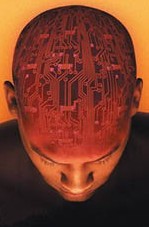 The cognitive therapy approach to alcoholism treatment is not concerned with analysing your childhood, or finding out if you have an ‘
The cognitive therapy approach to alcoholism treatment is not concerned with analysing your childhood, or finding out if you have an ‘ The drug company,
The drug company, 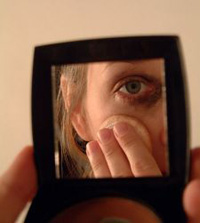 Different people have different levels of self esteem - some people think they’re wonderful, some people think they’re worthless. Whether other people would agree with either of those judgements is a different matter.
Different people have different levels of self esteem - some people think they’re wonderful, some people think they’re worthless. Whether other people would agree with either of those judgements is a different matter.